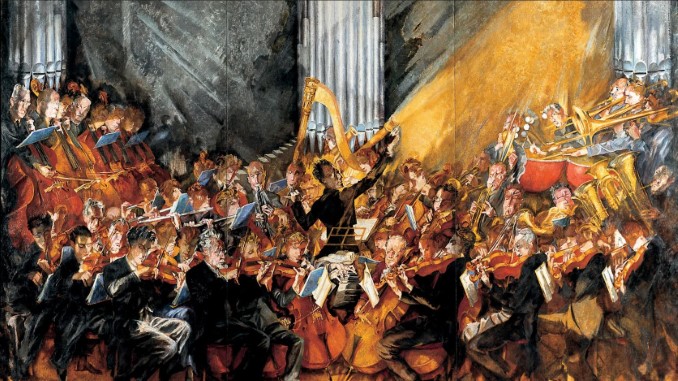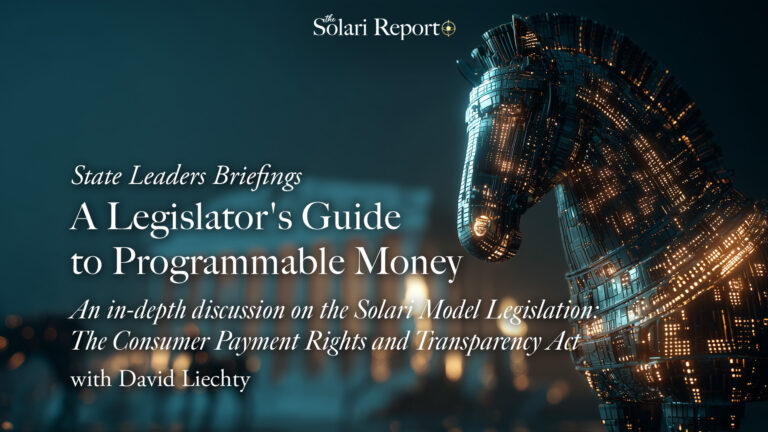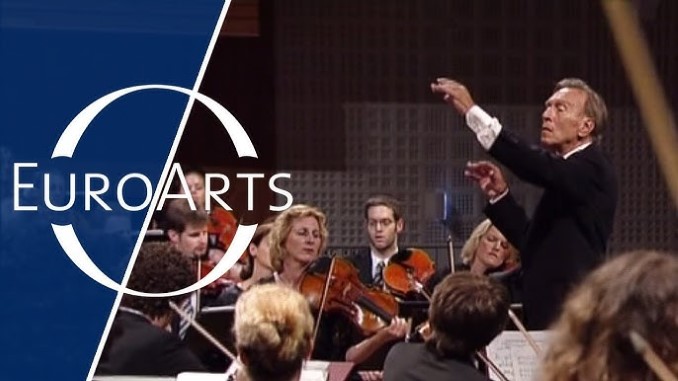
Music of the Week: September 27, 2024: Gustav Mahler – Symphony No. 1
Become a member: Subscribe
- Money & Markets
- Weekly Solari Reports
- Cognitive Liberty
- Young Builders
- Ask Catherine
- News Trends & Stories
- Equity Overview
- War For Bankocracy
- Digital Money, Digital Control
- State Leader Briefings
- Food
- Food for the Soul
- Future Science
- Health
- Metanoia
- Solutions
- Spiritual Science
- Wellness
- Building Weatlh
- Via Europa
Solari’s Building Wealth materials are organized to inspire and support your personal strategic and financial planning.

Missing Money
Articles and video discussions of the $21 Trillion dollars missing from the U.S. government
No posts
- LATEST
- TOP SECTIONS
- SERIES
- Money & Markets
- Weekly Solari Reports
- Ask Catherine
- News Trends & Stories
- Equity Overview
- Cognitive Liberty
- Young Builders
- Building Wealth
- The War for Bankocracy
- Digital Money, Digital Control
- State Leader Briefings
- Food
- Food for the Soul
- Future Science
- Health
- Metanoia
- Solutions
- Spiritual Science
- Wellness
- Via Europa
- BLOGS
- RESOURCES
- COMMUNITY
- My Account
- Log In
- Subscribe
- Search
- Shop
- Support
- Donate
- Log Out
Music of the Week: September 27, 2024: Gustav Mahler – Symphony No. 1

Gustav Mahler’s first symphony is, in our opinion, one of those compositions that should be heard in a live performance to appreciate its unique and sometimes sudden variations of tempo, instrumentation, and even distance (the trumpets are sometimes played from offstage).
It was originally conceived of as “programmatic music,” a musical poem or narrative intended to kindle images and associations in the listener’s mind. For a while, therefore, the symphony also carried the title “Titan.”
The first performance in Budapest, conducted by Mahler in 1889, did not go down well with the audience. Those present were confused in their expectations of hearing a symphonic story and overwhelmed by the weaving and juxtaposing of thematic counterpoints.
Mahler’s first symphony skillfully switches from one extreme mood to another without giving the impression of a break. In particular, its third “funeral march” movement sets a despairing canon based on the folk song “Frère Jacques” against a cheerful parody melody, demonstrating the painful coexistence of tragedy and triviality in life.
Then, the final movement continues directly without interruption. It is opened by an abrupt cymbal crash, which is immediately followed by a strikingly dissonant chord produced by the woodwinds, strings, and brass. In a letter to publisher Bernhard Schuster, Mahler described this opening as “The sudden outburst… of despair of a deeply wounded and broken heart” that ultimately gains a triumphant, lasting victory.
In this recording, we are hearing the Lucerne Festival Orchestra under Maestro Claudio Abbado, who had a special affinity for the music of Mahler throughout his life. In the audience, we can spot another famous conductor: Sir Simon Rattle.
Related:
Symphony No. 1 by Gustav Mahler (Wikipedia)
Our mission is to help you live a free and inspired life. This includes building wealth in ways that build real wealth in the wider economy. We believe that personal and family wealth is a critical ingredient of both individual freedom and community, health and well-being.
Nothing on The Solari Report should be taken as individual investment, legal, or medical advice. Anyone seeking investment, legal, medical, or other professional advice for his or her personal situation is advised to seek out a qualified advisor or advisors and provide as much information as possible to the advisor in order that such advisor can take into account all relevant circumstances, objectives, and risks before rendering an opinion as to the appropriate strategy.
Be the first to know about new articles, series and events.




















































































































